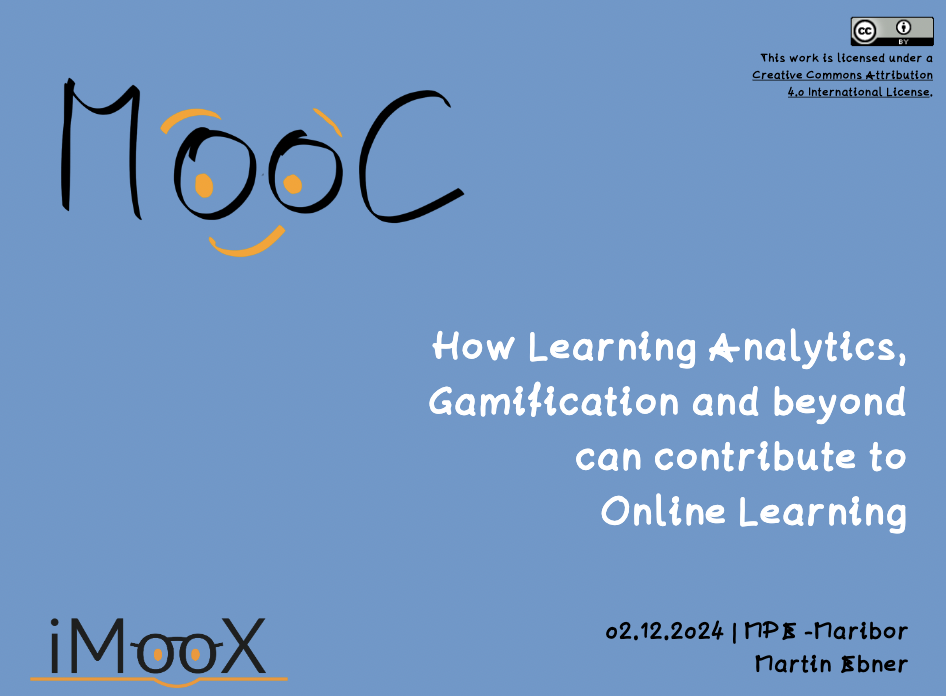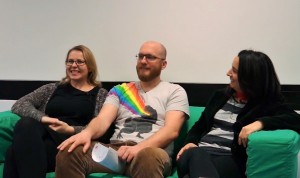Wir haben unsere Erfahrungen und Einsichten im Rahmen der europäischen Allianz einmal zusammengefasst und unter „Erfahrungen und Einsichten zum Aufbau einer IT-Infrastruktur für das Lernen und Lehren in der Universitätsallianz „Unite!““ publiziert, damit wir gerne auch in einen gesamtheitlichen Diskurs kommen:
Die Universitätsallianz Unite! fördert seit 2019 die Mobilität der Studierenden durch die Entwicklung verschiedener IT-Plattformen. Eine umfassende Bestandsaufnahme von Martin Ebner und Sandra Schön (beide TU Graz) bietet spannende Einblicke in die aktuellen Herausforderungen zum Aufbau einer gemeinsamen IT-Infrastruktur für das Lernen und Lehren – und nennt dabei auch fallübergreifende Einsichten und Lösungen.
[Online-Beitrag bei Hoschulforum Digitalisierung]
[Beitrag bei ResearchGate]
Zitation: Ebner, M. & Schön, S. (2024) Erfahrungen und Einsichten zum Aufbau einer IT-Infrastruktur für das Lernen und Lehren in der Universitätsallianz „Unite!“, Hochschulforum Digitalisierung, online am 18.11.24, https://hochschulforumdigitalisierung.de/universitaetsallianz-unite/






